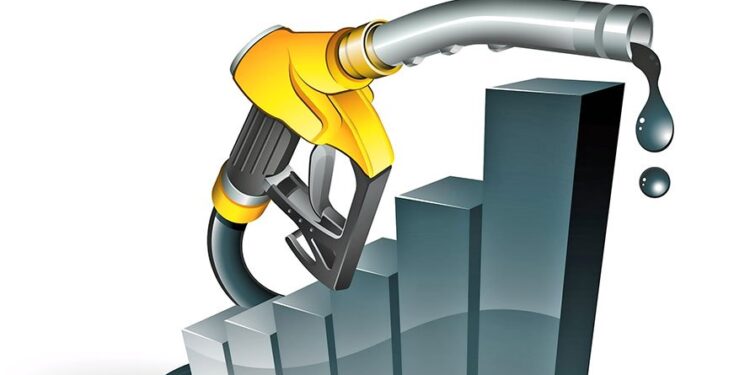Ideas & Debate
How 1979 Iranian crisis crippled Kenya economy
Tuesday, June 11, 2019 19:50
By GEORGE WACHIRA

In 1979, as President Moi was acceding to the Presidency, the Iranian Revolution was ousting the US-supported Shah and ushering in Ayatollah Khomeini in the midst of violence. This is when the Iranians took US embassy staff hostage for 444 days. The violent Iranian power change was the beginning of a US/Iran conflict that has lasted for 40 years to this day.
The Iranian events were followed by the 1980 Iran-Iraq War, started by Sadam Hussein of Iraq encouraged and supported by the US. Significant loss of oil production in the two major oil exporting countries prompted global oil price to rise from about $11 per barrel to $35 and this created a serious global economic recession including Kenya.
The emergent economic crisis caught President Moi by surprise as he went about restructuring his new government. By 1980, Kenya’s oil import bill had shot to over 30 percent of total imports, putting an unsustainable strain on foreign exchange. The western countries that traditionally supported Kenya’s balance of payment were similarly going through economic recession.
Mr Moi’s priority was to ring-fence agriculture which was the mainstay of Kenya’s economy from the new threat of high oil prices. The highly mechanised crop production (wheat, barley, maize, sugar) and agro-industries could not sustainably absorb the price increases. And these crops were mainly grown in the President’s political strongholds.
At the time I was the supply planning manager of a multinational oil company, and was also assigned the role of coordinating oil industry price matters with the Treasury. I found myself unofficially helping the government to formulate critical oil/energy “survival” policies. I did of course clear my involvement with the oil industry CEOs who defined the “no-go” conflict of interest areas.
The June 1980 budget statement contained farreaching reactive oil and foreign exchange policy changes. Oil price differentials were introduced for the first time to reduce diesel and kerosene prices and to significantly load petrol prices. The unregulated jet fuel was to attract a throughput levy payable to KAA to increase foreign exchange earnings while reducing impacts of invoice transfer pricing by the oil industry (a serious malpractice at the time!).
To simultaneously reduce petrol consumption and conserve foreign exchange, imports of passenger cars were banned for the next few years. A foreign exchange allocation licence fee of 2.5 percent was introduced on all imports. The balance of economic power (and corruption) shifted to the Central Bank as queues for forex allocation for imports, management fees, offshore dividends payments, and foreign travel became longer and slower.
It became urgent to form Ministry of Energy in 1980 to mainly steward the oil industry. To reduce the oil import bill, gasohol, a mixture of petrol and 10 percent alcohol from Muhoroni became mandatory in the Nairobi distribution areas. Energy conservation and efficiency programmes were also initiated and prioritised.
In 1981, intentionally or otherwise the then Minister for Finance, Mwai Kibaki significantly delayed in granting genuine oil price increases to the oil industry. As cash flows became unsustainable, the oil companies threatened to delay crude oil imports until selling prices were increased.
President Moi angrily called it blackmail by multinationals, and immediately issued an executive order to form National Oil to import 30 percent of country’s crude oil and products requirements. Politicians and their Israeli partners immediately saw the big opportunity and became the offshore suppliers of National Oil.
The early 1980s economic crisis prompted foreign investments to scale down or even wind up due to unsustainable foreign exchange and price controls that negatively impacted businesses.
It is also during this time that high level state-sponsored corruption kicked in resulting in severe economic impairment. Bad politics of retribution also sent many Kenyan talents into the Diaspora further reducing the country’s economic capacity
It is during this period of early 1980s that Kenya lost the momentum towards becoming an “economic tiger”. And the economy never recovered until early 2000s when a new Kibaki government came in.
Whereas the 1979 Iranian crisis was only an event in our economic history, we have only ourselves to blame for not rising and running forward towards full economic development.
Kenyan Business Feed is the top Kenyan Business Blog. We share news from Kenya and across the region. To contact us with any alert, please email us to [email protected]













